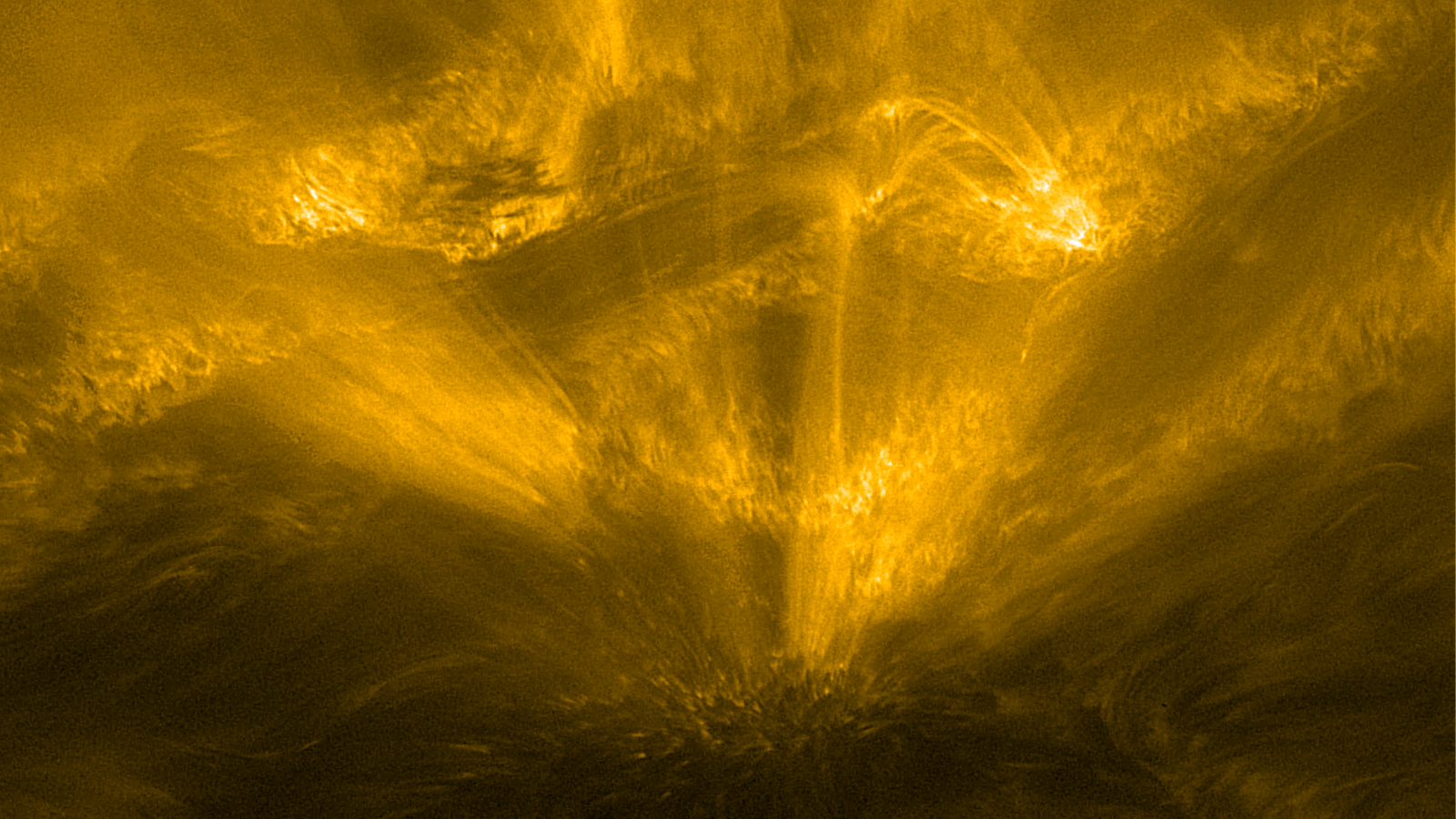Two more cases of monkeypox have been identified in England, health officials have said.
It brings the total number of confirmed cases in the country since 6 May to nine.
One of the latest viral infections was detected in London, while the other was in the South East.
The two new cases have no travel links to a country where monkeypox is endemic, so it is possible they were infected through community transmission, said the UK Health Security Agency.
The latest ones do not have known links with previous confirmed cases announced on 7, 14 and 16 May.
The agency said the virus does not usually spread easily between people and the risk to the UK population remains low.
Recent cases are predominantly in gay, bisexual or men who have sex with men (MSM).
Cost of living crisis: Inflation hits 40-year high of 9%
Cost of living latest: Asda is cheapest place to get petrol; ‘real chance’ UK could enter recession later this year
UK weather latest: ‘Blood rain’ could strike this week as Met Office issues yellow thunderstorm warning
The virus spreads through close contact and the agency is advising individuals, particularly those who are gay, bisexual or MSM, to be alert to any unusual rashes or lesions on any part of their body, especially their genitalia, and to contact a sexual health service if they have concerns.
The UKHSA said: “Monkeypox has not previously been described as a sexually transmitted infection, though it can be passed on by direct contact during sex.
“It can also be passed on through other close contact with a person who has monkeypox or contact with clothing or linens used by a person who has monkeypox.”
It said anyone with concerns that they could be infected with monkeypox is urged to contact NHS 111 or a sexual health clinic.
The disease is usually associated with travel to West Africa. It is normally a mild self-limiting illness, spread by very close contact with someone with monkeypox and most people recover within a few weeks.
Early signs
Initial symptoms of monkeypox include fever, headache, muscle aches, backache, swollen lymph nodes, chills and exhaustion.
A rash can develop, often beginning on the face, then spreading to other parts of the body including the genitals.
The rash changes and goes through different stages, and can look like chickenpox or syphilis, before finally forming a scab, which later falls off.











